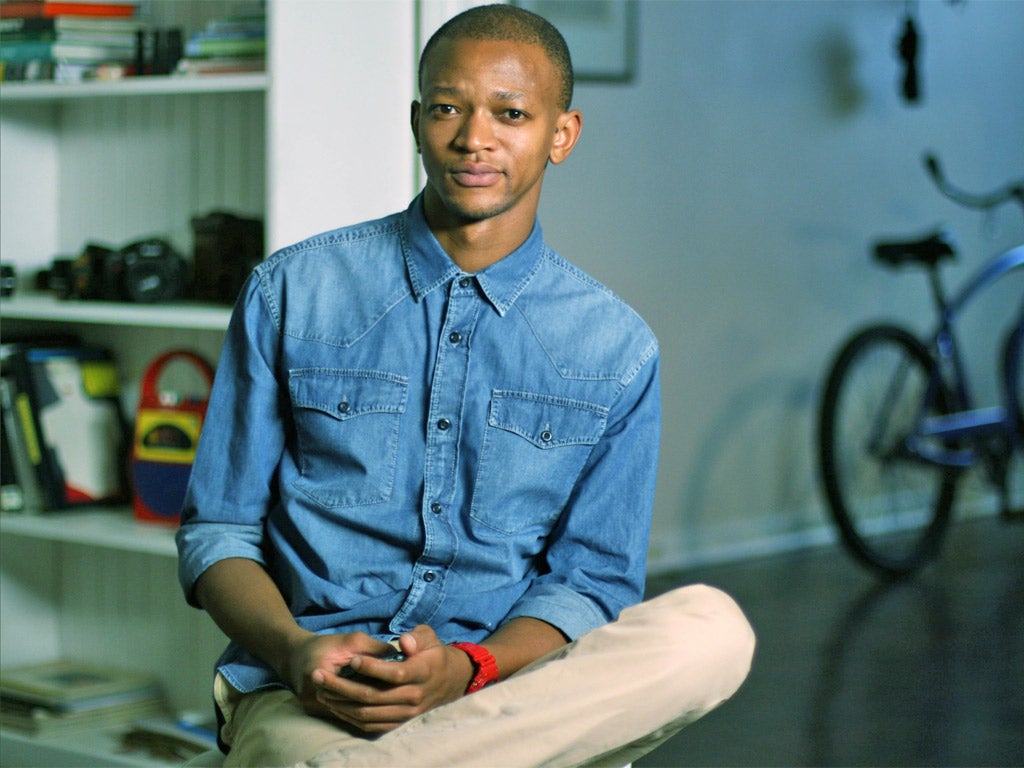Has there ever been a purer idea for a documentary than 7 Up? If the proverbial martian on the Clapham omnibus wanted to know how British society works, one could do worse than give them all eight series, a DVD player with extra-terrestrial region capabilities and a couple of days to watch the whole lot.
Thankfully, it's not just Michael Apted's Jackie, Lynn and Sue who can teach us about ourselves. The Up format has, since 1964, made its way around the world. Its popularity is helped by the paradoxical quirk that it's both a superficial portrait of how we live, but also about as comprehensive as a documentary could be.
While Britain in 1964 was tippling into a new culture, it was nothing compared to South Africa 1992 – post-Mandela's release, pre-ANC government. What better country to re-up 7 Up? Director Angus Gibson picked a cross-section of South African kids born in 1985 in the midst of apartheid. Their stories, which we returned to last night in 28 Up South Africa (ITV), are all fascinating. None more than white Afrikaner Willem Alberts, who was filmed at 7 suggesting he would beat up any black boys who came to his school (at 14 he recanted: "I was stupid"). In a statistically slim twist, Alberts, as any fans of the Natal Sharks will tell you, is now an international rugby player. Top that, Apted.
Just as lucky was Katlego. The son of black Kaizer Chiefs footballer Marks Maponyane, Katlego was sent to a posh (read white) school outside Soweto. In one of the saddest clips of the night, we see this exchange between Gibson and the young Katlego: "Do you think of yourself as an African?"
"No"
"Why not?"
"Do I sound African?"
At 28 and now a mover and/or shaker in Johannesburg, he's changed his tune when answering the same question: "of course!"
Out of context, Katlego's life would suggest a sea-change in South African society. But for the poorer participants, life isn't so easy. The white Lizette, suffering from the stress of a divorce, reckons the country's gone to pot since 1992. Luyanda, who grew up in a township in Cape Town is now living in a shack next to the hostel in which he grew up. In earlier clips we see him with his best friend, Andiswa. She's missing from the present-day footage. We realise why when we visit the village where her orphaned daughter lives. She died of an Aids-related illness in 2010.
There's a lot of sadness in any Up film, but that's life – we get older, we get mortal, we get sadder. The genius of this format is that it's there to document it.
Video: Interview with Mandela director

Join our commenting forum
Join thought-provoking conversations, follow other Independent readers and see their replies
Comments